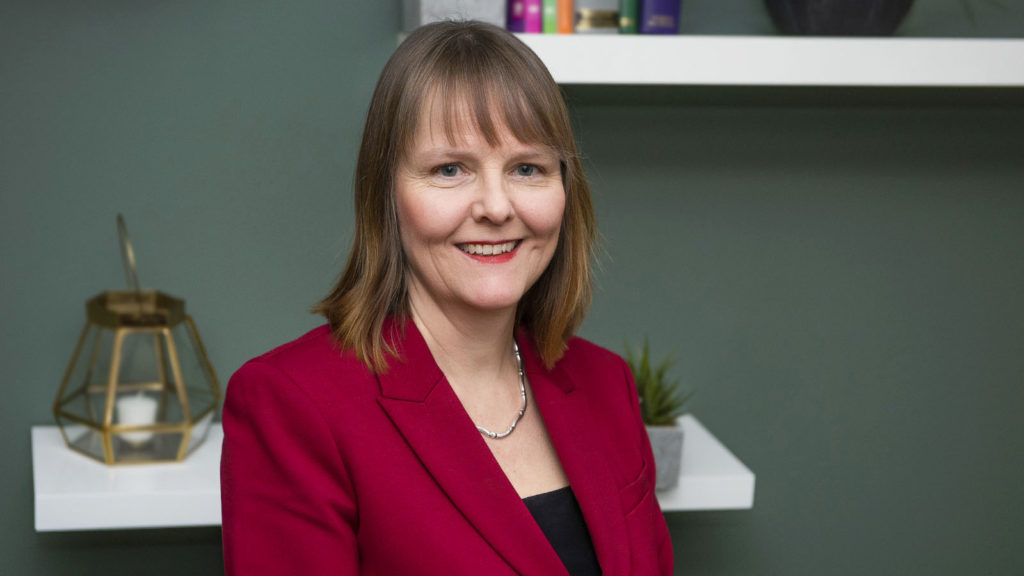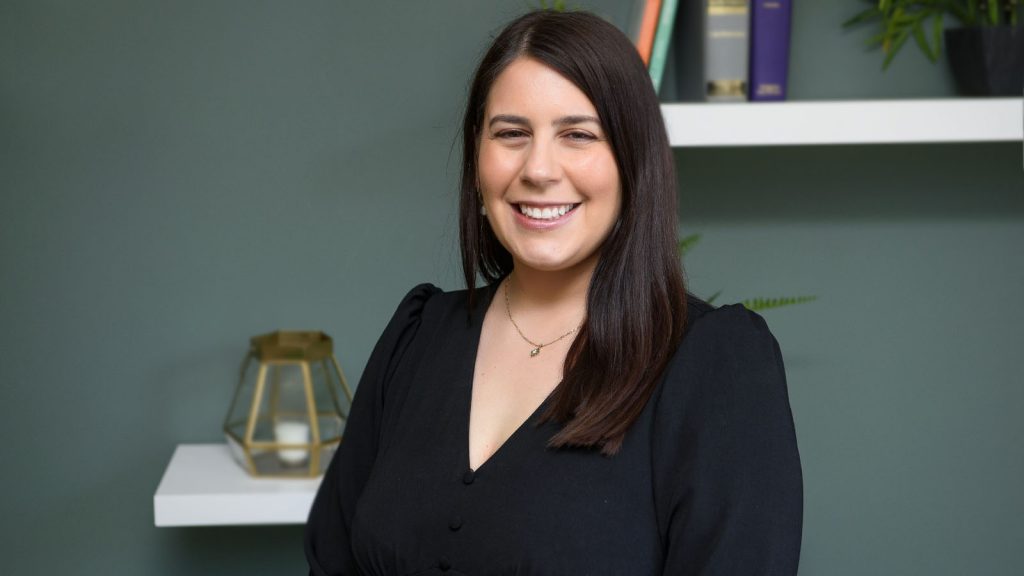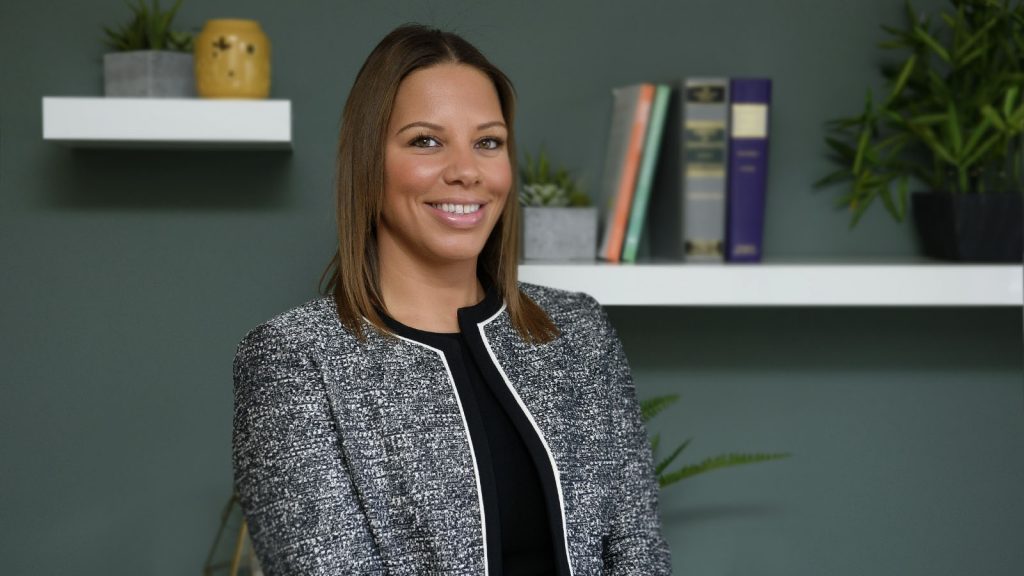Separating from a partner can not only have an emotional toll but also a financial one. Making sure that you can continue to meet your own and your family’s needs during a divorce or separation is important to help you to move on. Practical steps need to be considered to help you carry on with your day to day living. Bills still need to be paid for you and your children.
For many separating couples, spousal maintenance, child maintenance and child support law can be very confusing because it is technically a complicated area of law. Thankfully, this is a legal area where Debenhams Ottaway has extensive experience and expertise.
Our family law team can help you obtain the financial provisions you need by helping you with your child maintenance, child support or spousal maintenance claim. We balance compassion and pragmatism to get you the outcome you need as quickly as possible while keeping conflict and stress to a minimum.
With strong skills in non-confrontational dispute resolution, we can typically resolve questions over child and spousal maintenance without court proceedings. However, where court action is required, our team can provide the robust representation you need.
Our clients include individuals and families from all walks of life, with our team having particular expertise in high-value assets and complex financial remedies.
Get in touch with our child maintenance and spousal maintenance solicitors in St Albans
With many years of experience across our family law team, we can provide keen insights into what to expect when dealing with child and spousal maintenance claims, and clear guidance on how to get the right financial support in place for you and your children. Whether you need advice on dealing with the Child Maintenance Service, court applications for spousal or child maintenance or disputing child maintenance and support claims, we will be happy to help.
If you need help with a child maintenance or spousal maintenance claim from a trusted local solicitor, please contact us today. We have local offices in St Albans and Radlett and we regularly serve individuals from across the wider Hertfordshire area and London.
Why choose Debenhams Ottaway’s family team for child maintenance and spousal maintenance legal advice?
- We have a long history of looking after couples and families in St Albans, across Hertfordshire and beyond
- Our team and lawyers are ranked in the leading legal directories Chambers UK and Legal 500 (tier 1) for family law
- We have the right people and technical excellence to look after you – our lawyers are Law Society accredited for Family Law Advanced and accredited Resolution specialists in complex financial remedies and cohabitation
- Our family team is described as “one of the strongest outside London and holds its own in all cases.” The Legal 500
Frequently asked questions about spousal maintenance claims
Spousal maintenance is an arrangement for a person to pay to a weekly or monthly sum to their former spouse or partner following the breakdown of their marriage or civil partnership. This can either be a voluntary agreement or ordered by a judge.
Once divorce or dissolution proceedings have been issued, either party can apply to the court for spousal maintenance. This can either be on an interim basis until a financial settlement is reached or to continue after a final order has been made.
The law requires that payment be made for a spouse’s financial needs generated by the relationship. What used to be the traditional marriage, where say a wife gives up her career to support her husband and raise their children is probably the best example as her earning capacity will be compromised. The law states that an ex wife’s needs are provided for by her ex-husband rather than the tax payer.
That will depend on the circumstances; what income there is from all sources, what each spouse needs to live on and the amount, if any, payable for child maintenance each month. Any amount payable should be fair to both spouses and reflect the standard of living experienced during the marriage.
There is a need to end financial ties as soon as possible without causing financial hardship. This often means paying a sum for spousal maintenance until both spouses are able to become financially independent.
Whilst payments are being made it is also possible to make various applications to court, to either increase or decrease the amount being paid or even to extend the length of time for payments being made.
The courts have started to recognise that ‘joint lives’ orders can have a negative impact on the person receiving maintenance from becoming financially independent. ‘Term orders’ are now increasingly used which limits spousal maintenance to be paid over a specified period of time. This gives the spouse enough time to make sure the children are established in school, retrain or re-establish work skills to improve their prospects in the workplace and become financially dependent.
These arrangements take time to sort out. Often living expenses will increase if one party moves out into a separate home. If living expenses agreed cannot be met or the other party is not contributing the court can help. Before an application for any financial orders are made a petition for a divorce must have been issued. A certification from a mediator that mediation has been considered will help. Providing these requirements have been met, an application can be made to court for a sum of money to be paid each month until all the finances are resolved and the overall division either agreed between the parties or decided by the court.
It is a good idea to put a life policy in place to avoid financial hardship if the paying party should die before financial responsibility has ended.
Spousal maintenance payments will end if the person receiving these payments remarries. If remarrying it is important to consider a pre-nuptial agreement to protect any assets.
Whilst your obligation to pay continues, it is possible to renegotiate to reduce the amount of spousal maintenance to pay. If negotiation is unsuccessful, then an application to vary the amount payable can be made to the court.
If an ex-spouse objects to paying in certain circumstance an order can be made by the court to provide the receiving spouse with security. This can either be by payment of rent receipts if there happens to be an investment property, or by a second mortgage being placed over a property for an equivalent amount which can be sold if the payments are not made as they should be in order to release the equity. It all depends on what assets are available.
In certain cases it may be possible to receive a lump sum of money in lieu of future monthly spousal maintenance payments. This is referred to as ‘capitalisation’ and actuarial tables are used to work out a sum of money that needs to be paid now, based on a set amount each year and life expectancy. Whilst this gives freedom to invest a lump sum and ensure parties are no longer tied together financially the sums which need to be paid are large and capitalisation is only possible where there are significant assets available.
There are complicated rules about using pension funds for spousal maintenance. Even though there is provision for spouses to withdraw 25% of their funds tax free (which could be applied to capitalise spousal maintenance) conditions will apply so it is best to check and not rely on any assumption.
Frequently asked questions about child maintenance and support claims for children
After a divorce, any dependant children will also need to be provided for to ensure the parent living with them is able to maintain and educate them. Most parents try to work this out for themselves and reach a private agreement to pay for a child’s needs. This can include funds for holidays, hobbies and school fees in addition to meeting day to day needs.
Child maintenance can be claimed by a parent to help with the costs of providing for any children of a relationship. Even grandparents or guardians can be paid child maintenance if they are the child’s main carer. Couples do not need to be married to claim child maintenance, even where paternity is disputed or the paying parent’s whereabouts are unknown.
Child maintenance will be payable for each child until they leave full time education. This can be extended to the end of university if appropriate.
This will depend on financial circumstances and how many children there are. It is preferable to try and agree a sum for child maintenance which will be in addition to any spousal maintenance. This will be adjusted accordingly to ensure the paying parent can still afford to live.
If a private agreement is not possible, the Child Maintenance Service (formerly the Child Support Agency) may be able to assist. This is a governmental administrative body that can help with the assessment of an appropriate amount to be paid, help with arrangements for payment and take enforcement action if payment is not made. They have authority to become involved where the situation involves the child’s biological parents who live in England or Wales.
One year after any child maintenance provision in a financial consent order has been made, either parent can then apply to the Child Maintenance Service for a formal assessment based on the paying parent’s gross income. An amount is worked out considering any pension contributions paid, the number of children the paying parent has to support and how many nights the children stay with the paying parent. Where children spend an exactly equal amount of time living with both parents no maintenance is payable. This assessment would discharge the private agreement reached between the parents, unless the court retained the power to make a “top up” provision.
Where child maintenance is being considered within divorce proceedings often an agreement is reached as to the amount of child maintenance to be paid. The court has the ability to impose additional child maintenance payments even if the Child Maintenance Service is involved. Examples of this are where the paying parent earns over £156,000 gross per year, there are private school fees to be paid or the child needs extra assistance owing to a disability.
The Child Maintenance Service will try to contact them to see if there is a problem and how to resolve it. If appropriate, they can also take enforcement action against the non paying parent. They have the powers to deduct the amount payable for child maintenance from the paying parent’s salary if they work for an employer, their pension or directly from their bank account. They can also be taken to court.
The court still has the power to make child maintenance orders to help meet the additional income needs generated by a child’s disability.
Unless there is an agreement in place to cover the costs of university fees and living costs, after the child has reached 18 or left full time education, child maintenance payments will cease to be paid for that child. If there are younger children in the house their child maintenance payments will continue.




